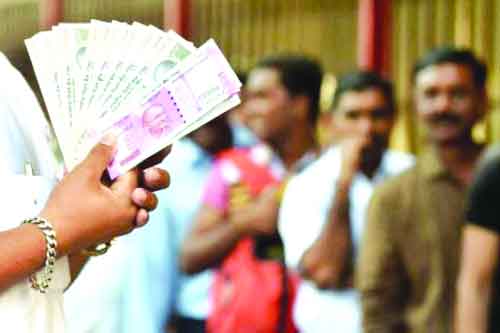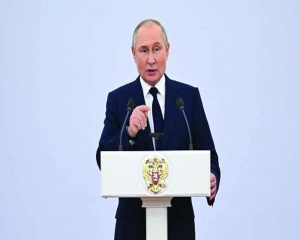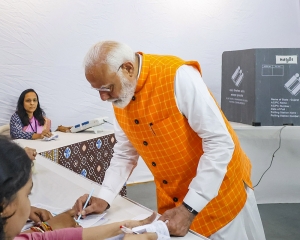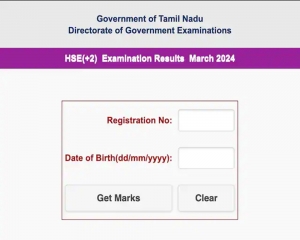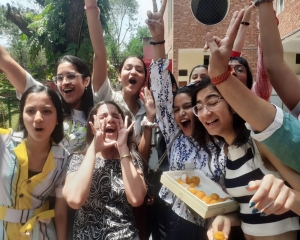Unaccounted income highest in real estate, mining, pharma sectors
A Parliamentary Standing Committee on Finance on Monday said there are no reliable estimates of black money generated and held within and outside the country.
In its report titled “Status of Unaccounted Income/Wealth Both Inside and Outside the Country — A Critical Analysis”, the standing committee cited the studies conducted by the three premier institutes — NIPFP, NCAER and NIFM — between 1980 and 2010 — which estimated black money in the range of $216.48 billion to $490 billion.
The studies conducted by the three institutes have found that the sectors where unaccounted income is found to be the highest included real estate, mining, pharmaceuticals, pan masala, gutkha, tobacco, bullion, commodity, film, and education.
According to the report, which was tabled in the Lok Sabha on Monday, there are no reliable estimates of black money generation and accurate methodology for making such estimation. The report said the draft report on demonetisation could not be adopted by the committee due to the lack of consensus among the members.
The committee, headed by M Veerappa Moily, had submitted its report to the Lok Sabha Speaker on March 28, well before the dissolution of the 16th Lok Sabha.
The BJP had come to power at the Centre in 2014 on its promises to clean up corruption and get rid of black money. It was also promised that black money stashed abroad would be brought back to the country. In 2016, while announcing the note ban, Prime Minister Narendra Modi had said the one of the key objectives was to flush out black money. The Congress has repeatedly targeted the Government over the issue, accusing it of failing to meet its promises.
The committee has asked the Government to continue their efforts “with greater vigour” to unearth and bring to book unaccounted wealth and income both within and outside the country, including follow-up action on the seven reports of the special investigation team (SIT) constituted on black money as well as the three study reports on estimation of unaccounted money.
The UPA Government had in 2011 commissioned the studies by the Delhi-based National Institute of Public Finance and Policy (NIPFP) and the National Council of Applied Economic Research (NCAER) and the National Institute of Financial Management (NIFM) in Faridabad.
As per the report, the NIPFP study said that during the period 1997-2009 illicit financial flows out of the country have been in the range of 0.2 per cent to 7.4 per cent of Gross Domestic Products of the country. “NCAER in its study said unaccounted wealth accumulated outside India is estimated to exist between USD 384 billion and USD 490 billion between 1980 and 2010 period while the NIFM’s study said that results of estimation suggest that total illicit outflow at the present value (including opportunity cost) from India in the reform period (1990-2008) is Rs 94,1837 crore (USD 216.48 billion). Importantly, illicit outflows from the country are estimated on average to 10 per cent of the estimated unaccounted income,” the report says.
“It appears that the reliable estimation of unaccounted income and wealth inside and outside the country is a difficult task, this inference is validated by the widely varying estimates of the unaccounted income arrived at by these three institutes.
“The Chief Economic Adviser has opined that there is no scope for arriving at a common estimate of unaccounted income by combining estimates from the three reports (studies),” the report said.
The committee also noted that as only a “limited number of stakeholders” could be examined by it, owing to the paucity of time, “this report might be considered as a preliminary report”, pending examination of other witnesses including non-official witnesses or experts on the subject and after evidence replies of the Finance Ministry which are awaited.
The committee, the report added, would thus expect more fruitful outcomes on this count, both in terms of much wider tax base as well as actual tax yield.
In the context, it also desires that the long-delayed direct tax code should also be finalised at the earliest and reintroduced in Parliament with a view to simplify and rationalise the direct tax laws in the country.













